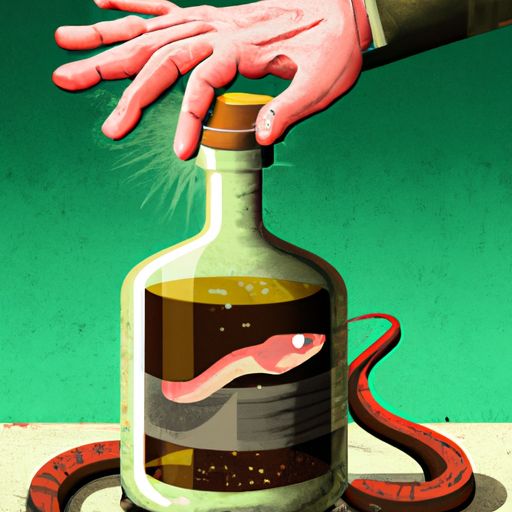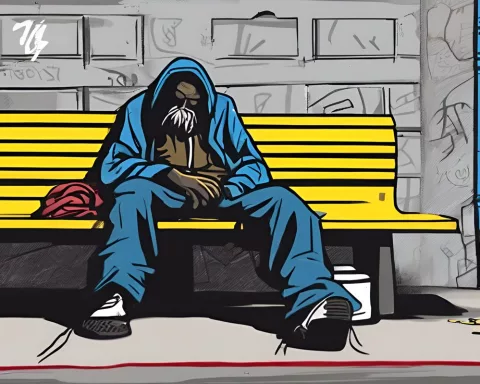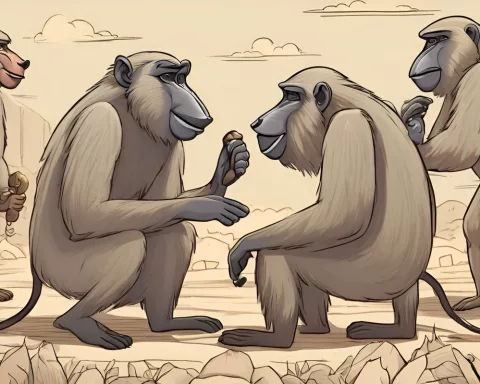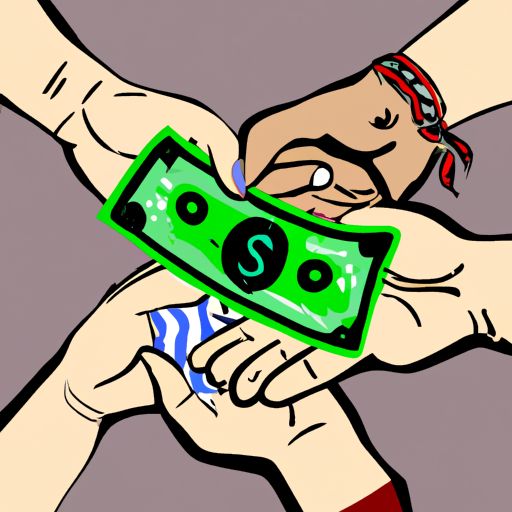South Africa is home to some of the world’s deadliest snakes, including the Black and Green Mamba, Cape Cobra, Forest Cobra, Snouted Cobra, and Gabon adder. In addition, the country has recently been facing a critical shortage of snake antivenom treatment, which has caused alarm among locals and medical experts.
The Dangers of Traditional Myths and Homemade Remedies
In the absence of snake antivenom, many people in South Africa have resorted to traditional myths and homemade remedies to treat snakebites. However, according to Professor Timothy Hardcastle, an expert from The National Snakebite Advisory Group (NSAG), these methods can be more harmful than the snakebite itself.
In a recent statement, Professor Hardcastle warned people against using dangerous methods to treat snakebites, including biting, electrocuting, sucking, or burning the wound. Moreover, using a tourniquet can cause more harm than a bite. Instead, he advised that calling emergency services is the best course of action, followed by simple treatments such as wiping away excess venom with a clean cloth and water and keeping the person calm. Then, the snakebite victim should be taken to a medical facility to receive professional help.
The Need for Immediate Medical Assessment
Professor Hardcastle emphasized that seeking proper medical assessment is essential and urgent, especially for certain venomous snakes that require antivenoms, such as Rinkals, Puff adders, Gabon adders, Mfezi, and Cobras. Although antivenom is in short supply, some are still available, and anyone bitten by any of these snakes must still be assessed at medical facilities.
In light of the critical shortage of antivenom vials in South Africa, Professor Hardcastle and 27 other experts in snakebite treatment, including medical practitioners and snake handling experts, signed an open letter to SA’s Minister of Health, Dr. Joe Phaahla, urging his intervention to alleviate the situation. While many challenges lie ahead, it is vital to acknowledge the importance of seeking professional medical help and avoid using traditional remedies that can be more harmful than beneficial.
In conclusion, the ongoing shortage of snake antivenom in South Africa has highlighted the importance of effective and efficient management of medical resources. The need for urgent and sustainable solutions to this problem is paramount, and it requires the joint effort of the government, medical experts, and the public.












